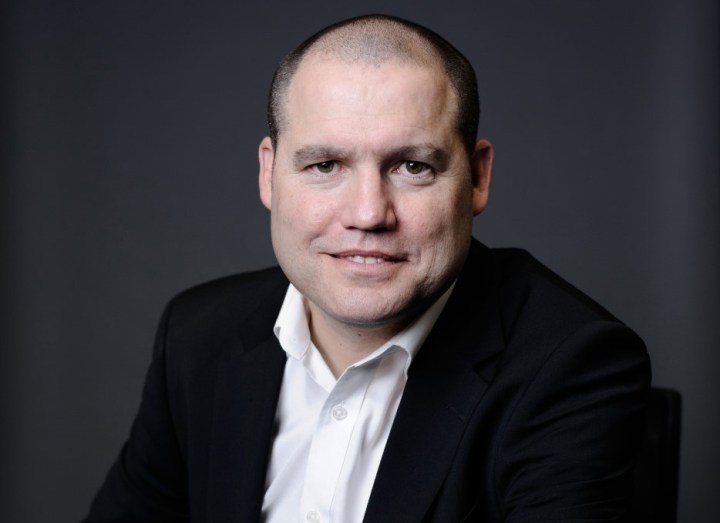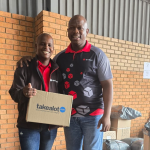SPONSORED CONTENT
Don’t blame the Guptas if your retirement fund has been captured

You shouldn’t blame the ANC, or the Guptas for that matter, if your pension fund has done badly over the last 10 years, no matter what you read in the media.
We know that South Africa is not currently in a great place, economically or politically. We know there is a recession, a weak currency, emerging market contagion, corporate scandals and state capture. That is nothing new, but it is being amplified in the media.
The so-called investment experts – fund managers and advisers – are latching on to this bad news to advise that this is a good time to get your money offshore. They are saying that SA might be a good place to retire, but not to invest in.
We have a different view and message.
Don’t look at these scary headlines and say, “Oh, this is why my pension fund has not done well in the past, and probably why I won’t do well in the future.” It is just not true.
We are hearing a lot of talk about recession since we are in a recession for the first time since 2009. ‘They’ are saying if you are in a recession you are not going to get good returns from your retirement savings investments.
We are saying, rather look at the facts, not the emotions.
For example, there is no direct link between GDP growth and investment returns. Over the last 10 years, GDP growth in South Africa has been terrible: a measly 1.8% per year, barely ahead of population growth. So there has been very little real economic growth in South Africa. Yet a well-balanced high equity portfolio, as represented by the 10X High Equity fund, has given double digit returns over this period.
A South African retirement fund portfolio is a very well globally diversified portfolio. More than 50% is invested in rand-hedge and international stocks that are not exposed to the South African economy. Your actual exposure to corporate South Africa is very small – less than 25% of your overall portfolio.
Even if you are quite negative about South Africa going forward, your overall exposure is quite limited.
It is important to know that when you retire in South Africa you are going to be spending rands. The important thing is to ensure that your portfolio beats rand inflation. Over the last 10 years a high equity fund has beaten inflation handsomely.
The question is: Why have some portfolios not done as well as they should have?
The answer is: Because of the industry, not because of the ANC, or the Guptas.
South Africans pay very high fees. They generally pay 3%, versus maximum 1% charged by 10X. The 2% extra that they lose every year, and the return thereon, is substantial over time.
Research shows that more than 90% of fund managers have underperformed the index over the last five years. That is another reason why many investors have fared poorly.
Research also shows that many investors lose out because they switch portfolios, usually at the worst time, because they are chasing past performance. They tend to buy things that have done well and sell things that have done badly and by so doing they erode returns further.
The combination of high fees, underperforming fund managers and switching can more than halve your retirement capital.
We don’t know if the JSE will beat the S&P500 over the next 10 years. No one does. Here is what we do know: Over the last 10, 20 years or longer, if you had invested in a well-diversified portfolio, paid low fees, didn’t try to beat the market and stayed invested, you would have done very well in a high equity balanced portfolio in South Africa.
You would have handsomely beaten inflation and, together with a good savings programme, should be well on track to a good retirement.
Investors can still achieve very good retirement capital by investing in a well-diversified portfolio in South Africa. But they must take charge. If people don’t take charge, it doesn’t matter what the economy does, or what the Guptas do, or what happens with state capture.
Those who continue to have their retirement funds captured by the industry are going to underperform significantly, in good and bad times.
There is no need to take all your money offshore, unless you are leaving South Africa, in which case it would not make sense to have your liabilities in a foreign currency, say pounds or Aussie dollars, and your assets in a South African-domiciled portfolio.
See a fuller version of this note, SA: a great place to retire (and to save for retirement), which gives an update on 10X Investments’ review of the first six months of the year. DM
Steven Nathan is the founder and CEO of 10X Investments.

















 Become an Insider
Become an Insider